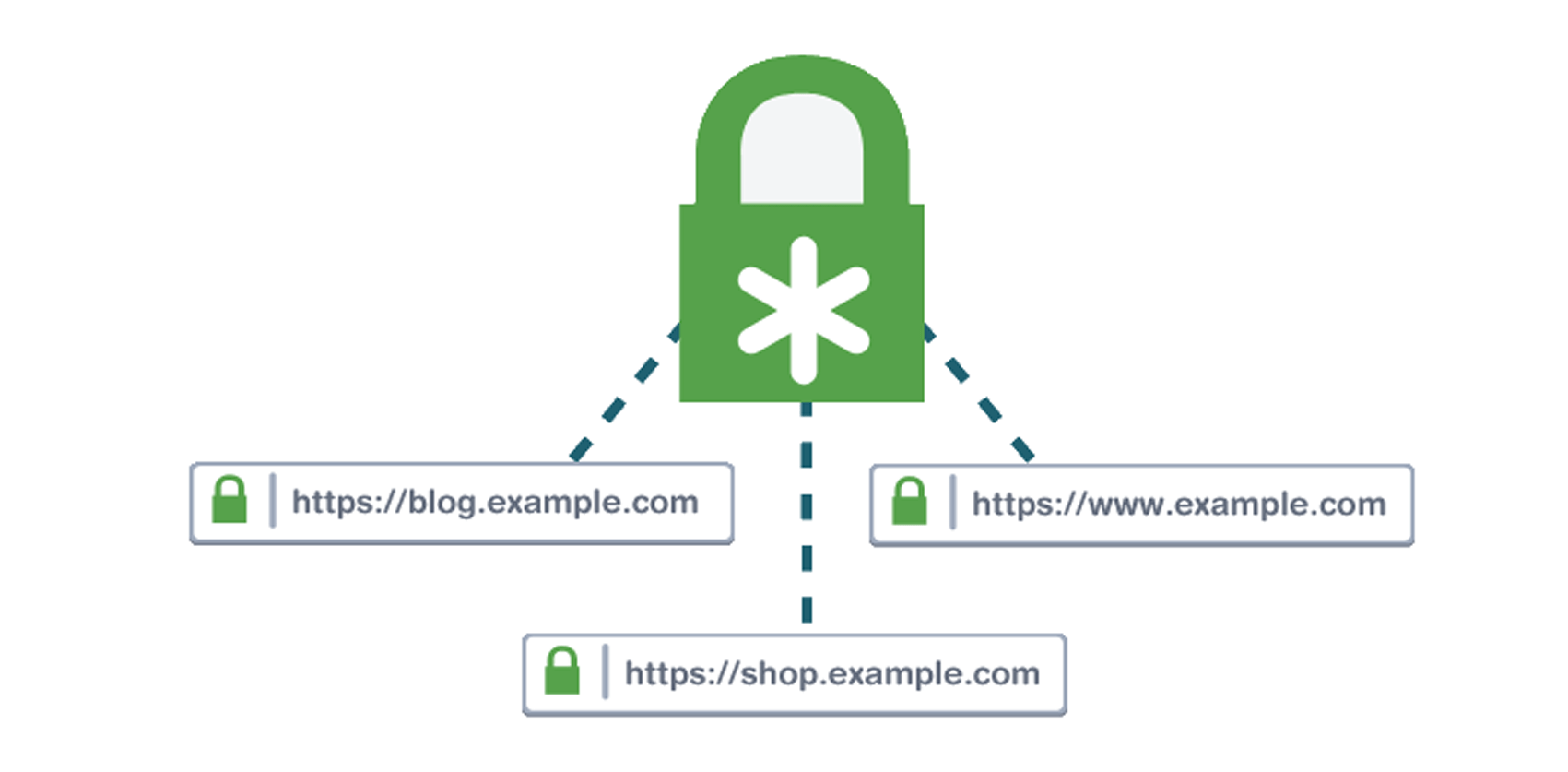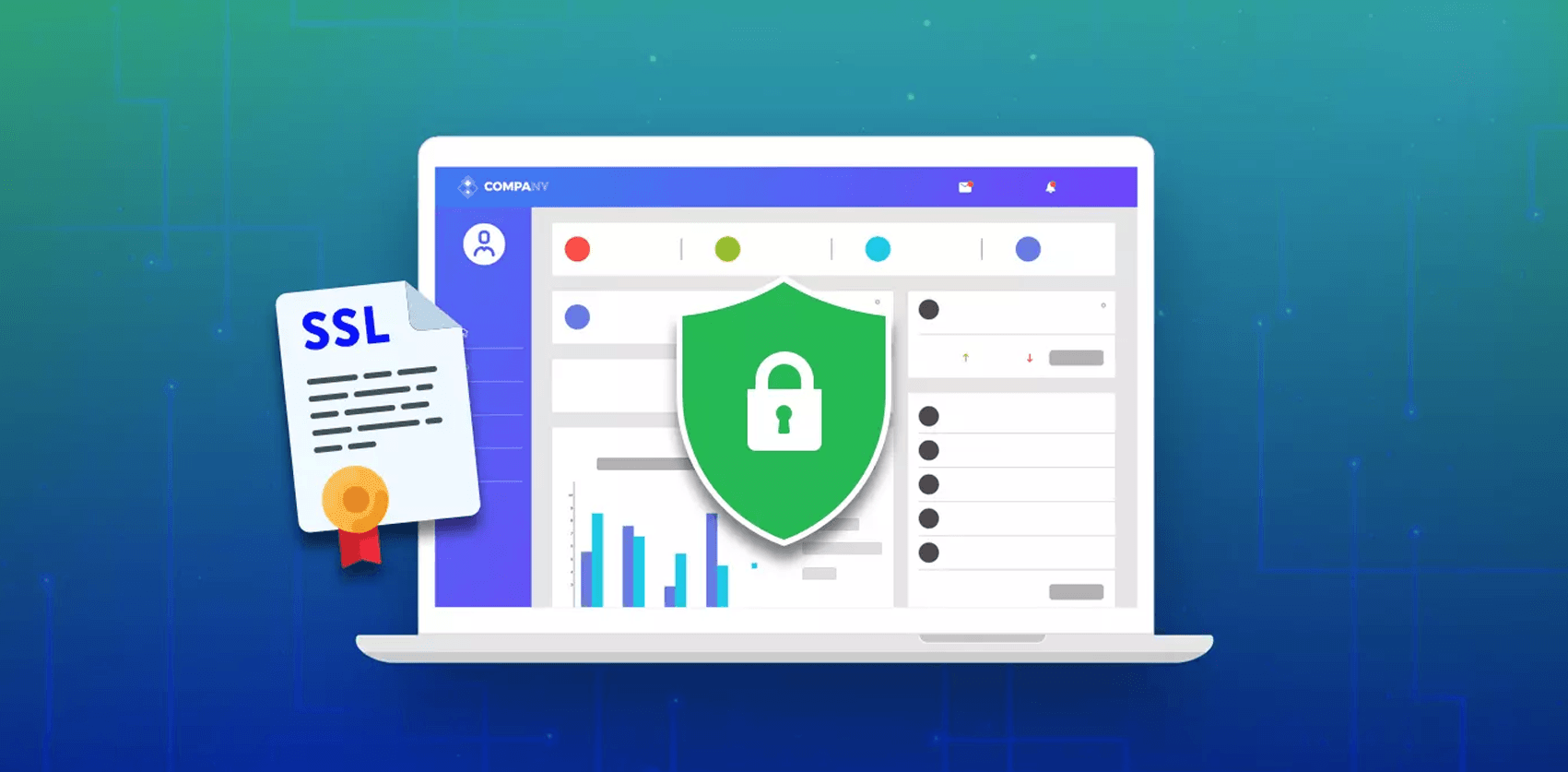TLS/SSL
CERTIFICATES
What is a TLS/SSL digital certificate?
Organizations use TLS/SSL digital certificates for security through encryption and identity assurance. While usually voluntary, industry activity and local regulations can make online business challenging without them.
TLS/SSL certificates, crucial for website encryption and identity assurance, can only be issued by a Certification Authority (CA) following CA Browser Forum guidelines. The distinctions among TLS/SSL certificates go beyond technology and center on the trust level for website visitors and the CA’s reputation. A trustworthy CA ensures optimal security and customer trust online, whereas an untrustworthy one may compromise both.
Consumers demand data security from financial services and ecommerce. TLS/SSL certificates safeguard personal data during transmission from the client to the server, preventing third-party hijacking of sensitive information like usernames, passwords, and credit card details. Organizations aim to safeguard customer data and prevent browser errors disrupting website traffic. Browsers display trust dialog boxes for unencrypted sites or expired TLS/SSL certificates. Some major browsers demand encryption for any page collecting customer data, even outside of financial transactions (e.g., email addresses for newsletter sign-up). TLS/SSL certificates serve two purposes: They encrypt information and provide identity assurance. Both help online consumers positively identify websites that are safe for transacting with.





